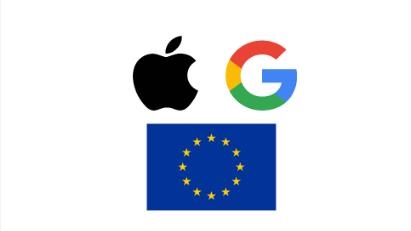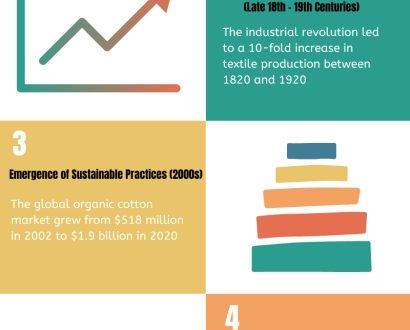The European Union is now in a very important enforcement phase of its Digital Markets Act (DMA). Apple and Google have to meet very strict deadlines, which shows how serious the EU is about promoting fair competition and digital sovereignty. The European Commission has gone from making promises to taking action once the DMA completely went into force in May 2023. By April 2025, these internet companies will face confirmed fines for not following the rules, which will eliminate the uncontrolled reign of gatekeepers.
The DMA is meant to control so-called “gatekeepers,” which are platforms that control important digital services like app stores, search engines, and social media. It only applies to companies that meet very high standards, such as having a market value of €75 billion, an annual turnover of €7.5 billion, and tens of millions of EU users every month. Apple and Google are perfect examples of this type of company because they connect millions of customers and businesses throughout Europe.
This increased scrutiny comes with very strong means for enforcing the rules. The Commission has a lot of power to investigate. It can raid places and look closely at algorithms and data practices. They want to get rid of unfair business practices like paid self-preferencing and not being clear about how user permission is handled, which have been messing up market fairness for a long time. In April 2025, Apple and Google were found to have broken the law, which led to fines that can quickly add up. For the first offense, the fines could be as high as 10% of global sales, and for subsequent offenses, they could be as high as 20%. There are also huge daily fees for not following the rules. These steps show how serious the EU is about making sure there is real responsibility in the digital marketplace.
These changes are very big for both the industry and consumers. The DMA forces Apple and Google to be more open about how they handle data, make their platforms work better with each other, and change how they run their platforms. This makes the digital world **more fair**. This change gives smaller entrepreneurs the chance to succeed based on their own merits instead of the inertia of a few big firms. At the same time, customers have more options, better privacy, and less reliance on a few big businesses.
The European Commission’s proposed assessment of the DMA by May 2026 looks ahead to a flexible regulatory approach that can adapt to new problems, including the increasing rise of AI-powered services. By using AI compliance tools and keeping the lines of communication open with regulators, the big tech companies have a great chance to create new global standards for fairness and openness. This would turn compliance from a burden into a competitive advantage.
The DMA enforcement is a really good example of how to deal with digital change and changes in the sphere of politics at the same time. The EU is not choking innovation; instead, it is skillfully building a future where competition and consumer rights may grow together, combining ambition with responsibility. It’s like a swarm of watchful bees is in charge, buzzing constantly to make sure that no one colony becomes too powerful and that all the blooms get their fair amount of pollination.
**Important Information About How the Digital Markets Act Will Affect Apple and Google
– The DMA finds gatekeepers by looking at tight criteria for revenue, valuation, and user reach, which are all ways to limit their authority over important digital services.
– In April 2025, the European Commission determined that Apple and Google had not followed the rules and gave them substantial fines to show how serious they were about enforcing them.
– Deep investigation is possible with powerful investigative tools like dawn raids, algorithm audits, and data inspection.
– Penalties go climb a lot: up to 20% of global revenue and up to 5% daily fines for continued breaches put a lot of financial strain on businesses.
– Compliance regulations include openness about how data is handled, how systems work together, how users give their consent, and how fair platform policies are.
– The DMA makes the digital world much more competitive, which is good for smaller businesses and gives consumers more choices.
– A review procedure that goes on until May 2026 makes sure that the rule is up to date with changes in technology, such as AI.
– The EU is establishing a very important global example by combining accountability and innovation in digital legislation.





